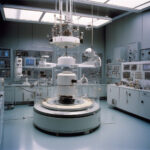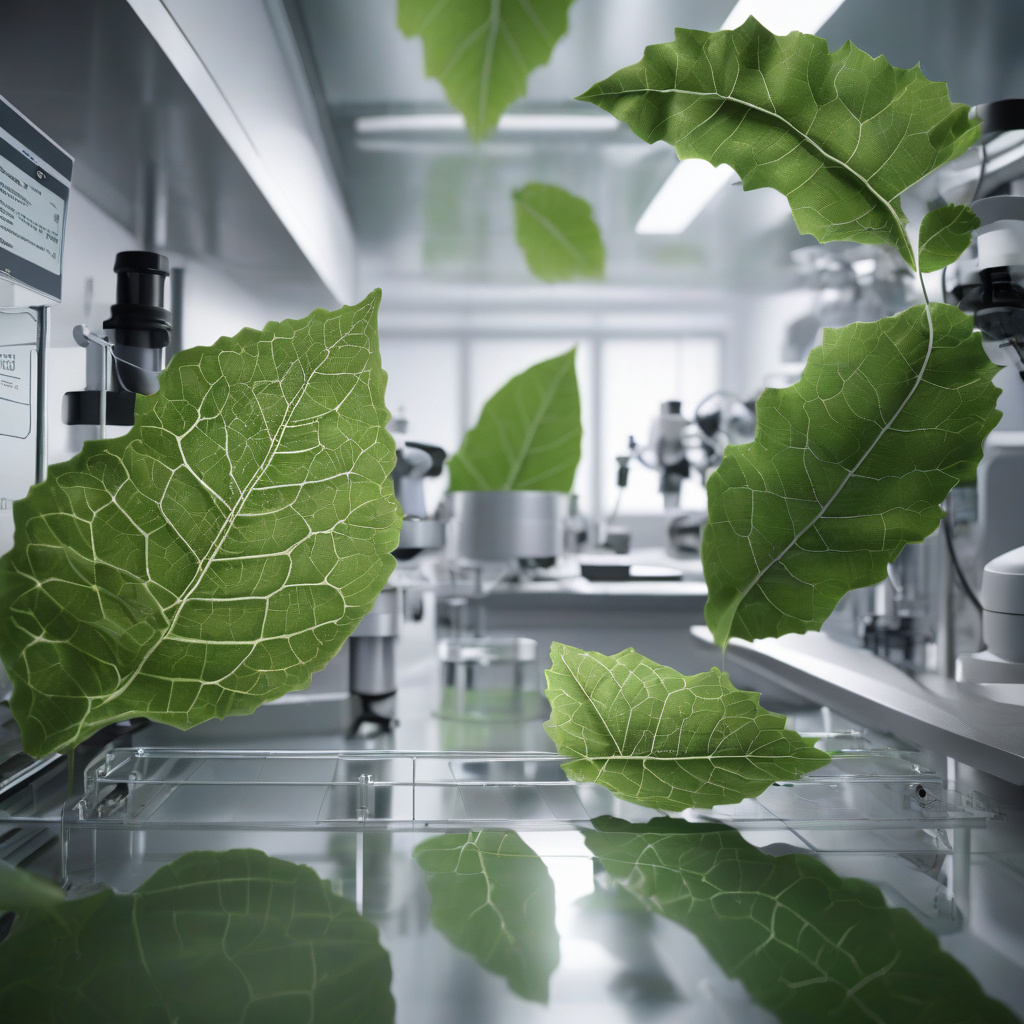UK Scientists’ Artificial Leaf Mimics Photosynthesis, Turning CO2 and Sunlight into Chemicals
Researchers have developed a breakthrough method that could lead to a ‘de-fossilised’ chemical industry. Researchers led by UK scientists have created an artificial leaf that mimics photosynthesis to convert carbon dioxide and sunlight into valuable chemicals, offering a promising solution to reduce greenhouse gas emissions and move towards a more sustainable future.
The artificial leaf operates by using sunlight to activate catalysts that transform carbon dioxide into syngas, a mixture of carbon monoxide and hydrogen used to produce a wide array of chemicals. This innovative approach not only provides a sustainable method for chemical production but also helps in capturing and utilizing CO2, a major contributor to global warming.
This groundbreaking technology has the potential to revolutionize the way we think about chemical manufacturing. By harnessing the power of sunlight and mimicking the natural process of photosynthesis, researchers have unlocked a new pathway towards a greener and more efficient chemical industry.
One of the key advantages of this artificial leaf technology is its scalability. The system can be easily integrated into existing industrial processes, allowing for a seamless transition towards sustainable chemical production. This means that large-scale implementation of this technology could significantly reduce carbon emissions and help combat climate change on a global scale.
Moreover, the artificial leaf offers a cost-effective and environmentally friendly alternative to traditional chemical production methods. By utilizing abundant sunlight as the primary energy source, this technology eliminates the need for fossil fuels, reducing both costs and carbon footprint associated with chemical manufacturing.
In addition to its environmental benefits, the artificial leaf also opens up new opportunities for the production of renewable chemicals. By leveraging the power of sunlight, researchers can create a wide range of chemical products in a sustainable and eco-friendly manner, paving the way for a more circular economy.
The development of the artificial leaf technology represents a major milestone in the quest for sustainable innovation. By mimicking the efficient process of photosynthesis, researchers have demonstrated the potential to transform the chemical industry and reduce its reliance on fossil fuels. This not only helps in mitigating the impacts of climate change but also sets a new standard for sustainable practices in chemical manufacturing.
As we move towards a more sustainable future, technologies like the artificial leaf play a crucial role in driving innovation and promoting environmental stewardship. By harnessing the power of nature and leveraging cutting-edge scientific advancements, we can pave the way for a greener and more sustainable world.
In conclusion, the UK scientists’ artificial leaf that mimics photosynthesis and turns CO2 and sunlight into chemicals represents a significant leap forward in the journey towards a sustainable and eco-friendly chemical industry. By embracing this innovative technology, we can reduce carbon emissions, promote renewable chemical production, and work towards a more sustainable future for generations to come.
#UKscientists #ArtificialLeaf #SustainableChemicalIndustry #PhotosynthesisMimic #CO2Reduction











